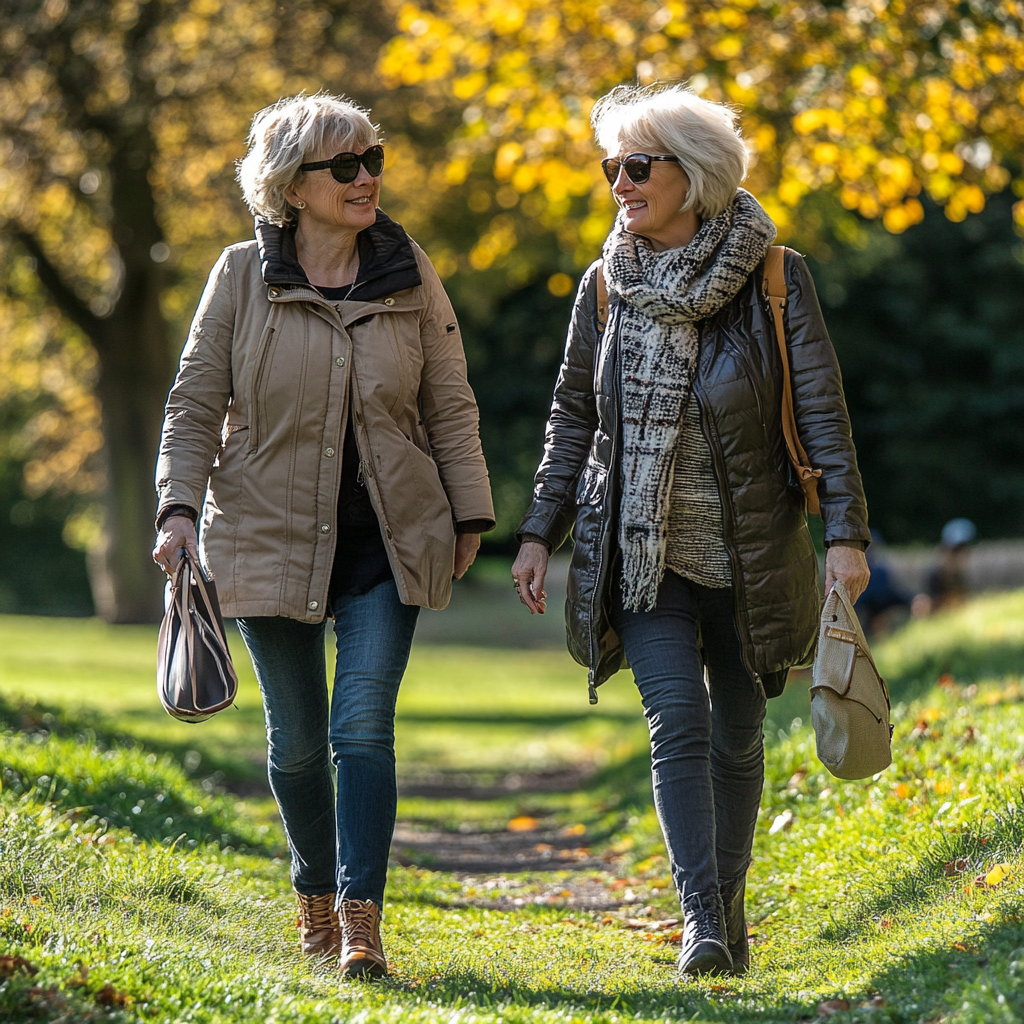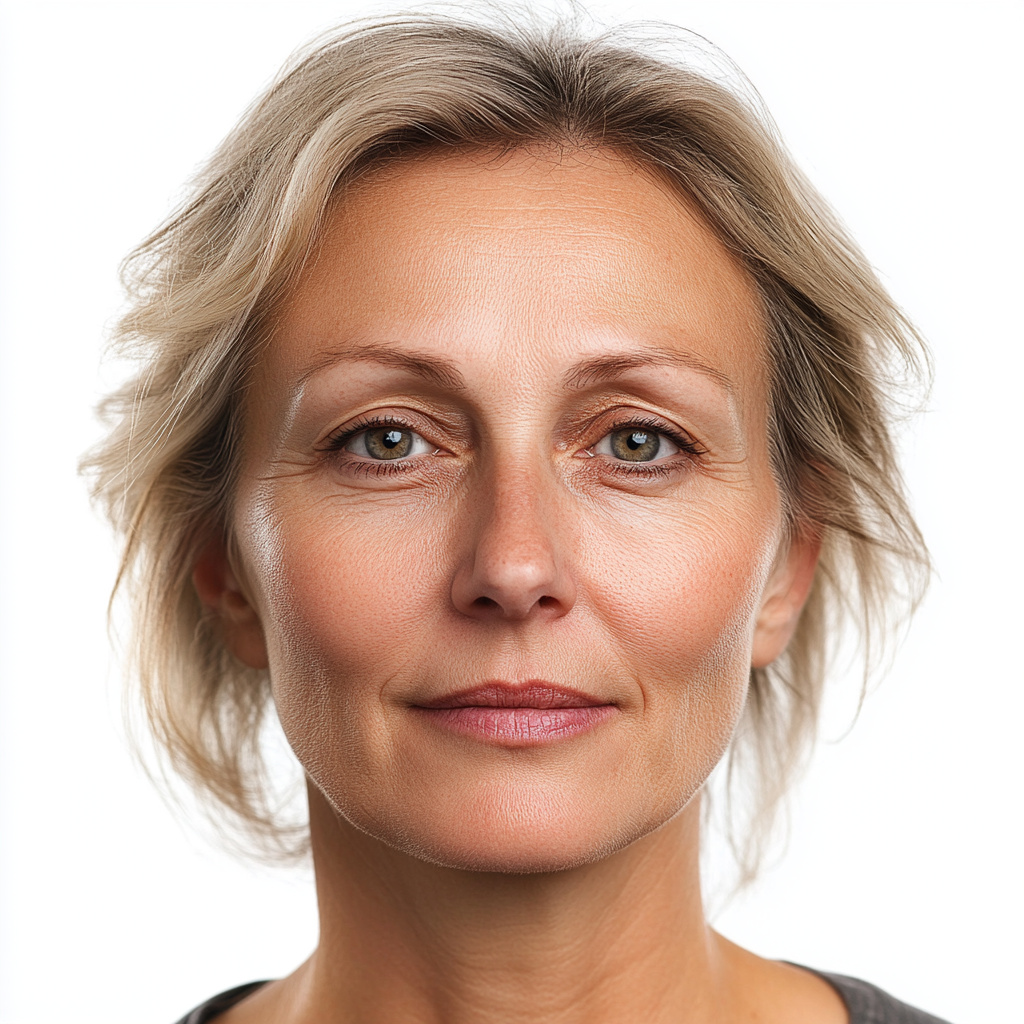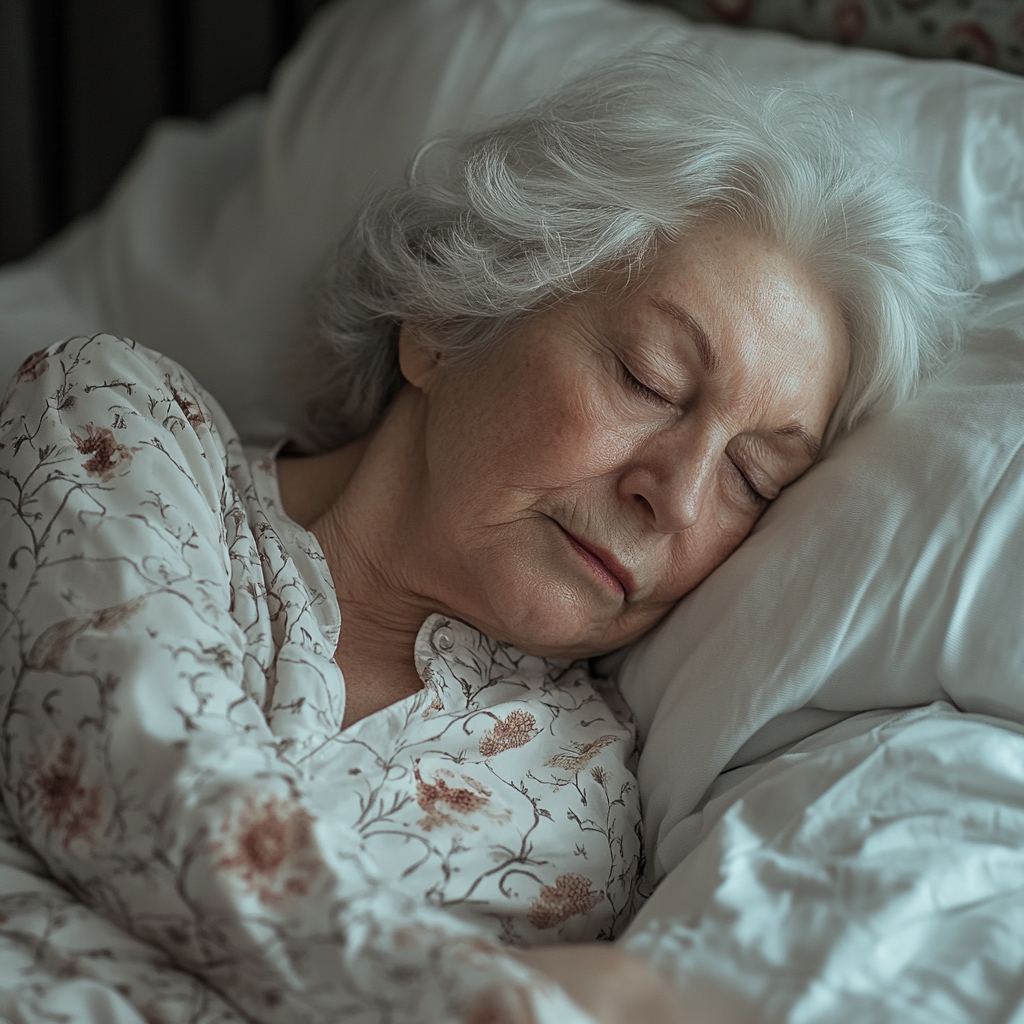What if I told you that taking a 30-minute walk five days a week could give you 70-75% of the health benefits you’re looking for? Sounds too good to be true, right? But it’s real, and it all comes down to the law of diminishing returns. You don’t have to spend hours in the gym to improve your health. Just getting out and walking can make a huge difference.

Let’s break it down and see why starting a walking routine could be one of the best things you ever do for your energy, sleep, and overall health.
What Is the Law of Diminishing Returns?
The law of diminishing returns means that after a certain point, adding more effort brings smaller and smaller results. When it comes to exercise, the biggest improvements come from moving from “doing nothing” to “doing something.”
In other words, simply getting off the couch and walking a few times a week brings a ton of benefits—way more than you might think.

While activities like running, lifting weights, or yoga are great for you, just 30 minutes of walking five days a week gets you 70-75% of the benefits those other activities offer.
Jenny’s Journey: It All Started with a 5-Minute Walk!
Take Jenny, for example. She had a busy job, a lot of stress, and little energy. Like many of us, she spent most of her day sitting. By the time she got home, she was tired, and the idea of exercising felt like climbing a mountain.

We decided that she would start with just a 5-minute walk each day. It didn’t sound like much, but it was a start. And that’s all she needed. After the first week, Jenny already felt a little better, and she started to extend her walks by a few minutes each week. Over the course of eight weeks, she was walking 30 minutes a day, five days a week!
The Benefits Jenny Experienced
Jenny’s transformation was amazing. Not only did she feel more energized during the day, but she also started sleeping better at night. You see, regular walking helps regulate your body’s natural sleep-wake cycle, meaning you fall asleep easier and wake up feeling refreshed. Better sleep equals more energy, and more energy means you’re more motivated to stay active. It’s a win-win!
Not only that, but Jenny noticed her stress levels were going down. Walking outdoors gave her time to clear her mind, and she felt more relaxed. She also started walking with her friend Stephanie once or twice a week, which gave her social time—another big stress reliever.
So, Jenny’s 5-minute walks turned into a routine that improved her sleep, energy, mood, and even her social life. All from something as simple as walking.
Why Walking Gives You More Energy
You might be wondering, “How can something as easy as walking make me feel more energized?” Well, here’s how: When you walk, your blood starts flowing more, delivering oxygen and nutrients to your muscles and organs. This makes you feel awake and alert. Plus, walking triggers the release of endorphins, which are hormones that make you feel good and reduce stress.
And because walking helps you sleep better, that’s another way it boosts your energy. When you sleep well, you wake up feeling refreshed, not dragging yourself through the day.

The Social Benefits of Walking
Walking doesn’t just help your physical health—it’s also great for your emotional and social well-being. Jenny’s walks some of the time with her friend Stephanie became something she looked forward to. They’d chat, laugh, and enjoy being outside. Walking with a friend can turn a simple activity into a fun and positive experience, which makes it easier to stick with. You’re not just improving your body—you’re nurturing your mental and emotional health, too.
Why 30 Minutes Is All You Need
Here’s the beauty of it: You don’t need to work out for hours to get healthier. Research from the CDC (Centers for Disease Control and Prevention) shows that walking for 30 minutes a day, five days a week, provides most of the health benefits people are looking for, like reducing the risk of heart disease, diabetes, and stress. Sure, if you want to add strength training, yoga, or other activities, that’s great, but you’re already getting 70-75% of the benefits just from walking.

This is where the law of diminishing returns kicks in. Going from doing nothing to walking regularly is a massive leap for your health. The jump from walking to more intense exercise brings smaller improvements. Walking alone gives you a huge return on your investment of time and energy!
Action Steps to Get Started
1. Start Now, Not Later: Waiting for the perfect time to start a walking routine? Don’t. Life will always be busy, and there will never be an ideal moment. Start today, even if it’s just for 5 minutes. Jenny started with 5 minutes, and look where she is now!
2. Take It Slow and Build Up: You don’t have to walk 30 minutes on your first day. Start with what feels comfortable—5 or 10 minutes is great. Then, gradually add more time as you go. The key is to build a habit that sticks.

Final Thoughts
Walking is one of the easiest and most effective ways to improve your health and energy levels. You don’t need to overcomplicate it or push yourself to exhaustion. Just start small and build up over time, like Jenny did. Walking 30 minutes a day, five days a week, can give you most of the health benefits you’re looking for. Plus, you’ll sleep better, stress less, and have more energy to enjoy life.
So why not take that first step today? After all, it all started with a 5-minute walk!
God Bless,
Mike
Mike Thomas is a registered pharmacist and a board certified health coach. He helps busy professionals who struggle with low energy, high stress and chronic pain.
This blog is for educational and informational purposes only and solely as a self-help tool for your own use. I am not providing medical, psychological, or nutrition therapy advice. You should not use this information to diagnose or treat any health problems or illnesses without consulting your own medical practitioner. Always seek the advice of your own medical practitioner and/or mental health provider about your specific health situation. For my full Disclaimer, please go to CoachMikeThomas.com.
